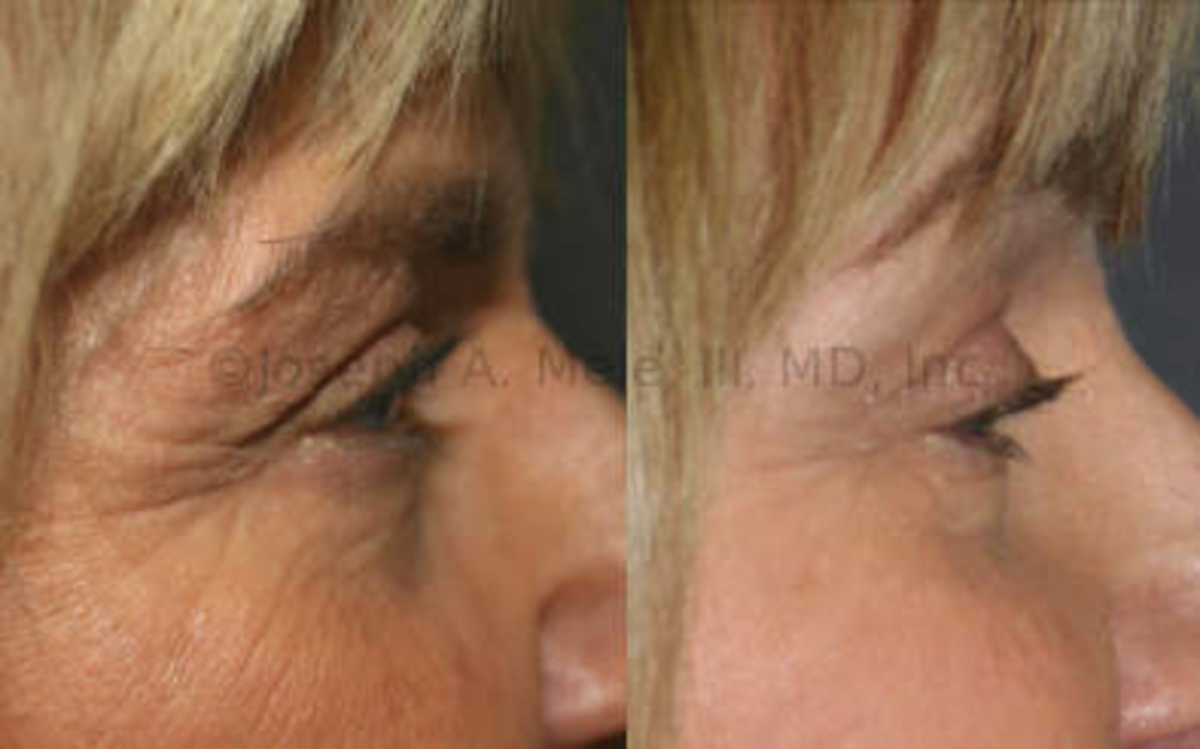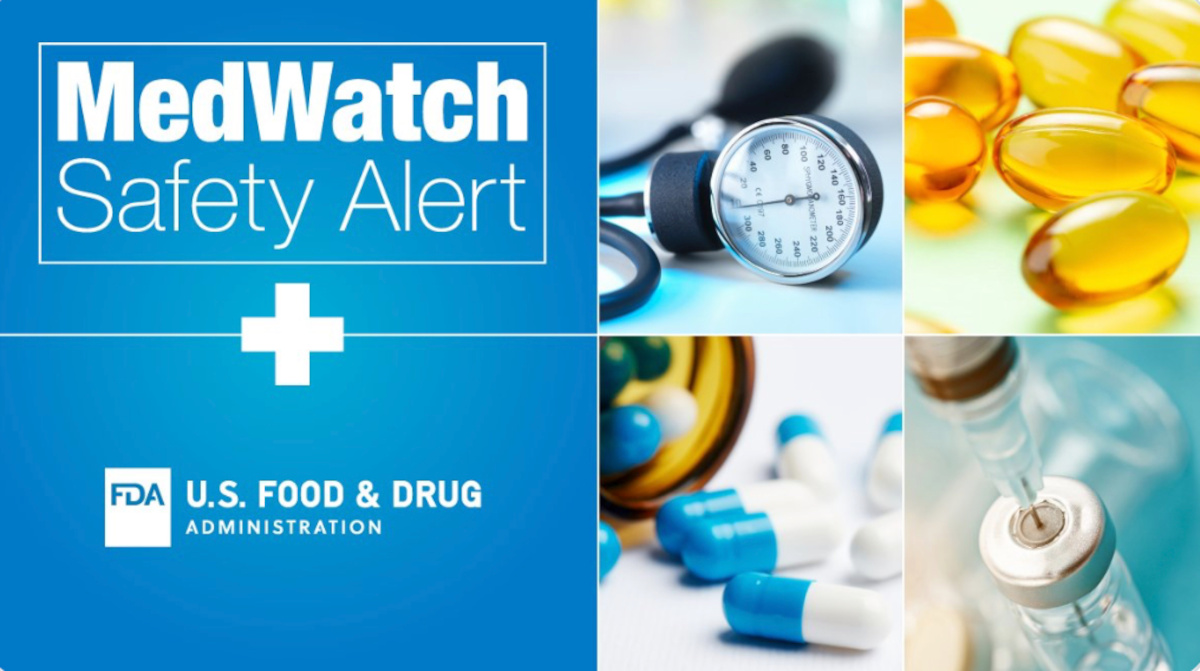The FDA just issued a new warning to consumers about do-it-yourself home chemical peels. Their advice, like President Biden’s is, “Don’t.” Do not purchase or use many common chemical peel skin products without appropriate professional supervision. The reason is simple; DIY chemical peels are causing serious injuries.

Chemical Peels come in many forms, concentrations, combinations and strengths. Do not try this at home.
When to Use a Chemical Peel
Chemical Peels are best for fine to moderate wrinkles of the face. Peels around the eyelids and the mouth are two areas I discuss with patients on a daily basis. While Facelifts and Blepharoplasty can remove excess skin, a chemical peel is complementary. Chemical Peels help diminish the fine and moderate wrinkles in the skin itself.

The combination of Blepharoplasty and Chemical Peel surgically removes excess skin and chemically smooths the skin wrinkles. Individual results will vary.
The FDA has not Approved any Chemical Peels
Although chemical peels have been used for centuries, there are no “FDA Approved” chemical peels. For many of the chemicals used, the higher the concentration, deeper the peel and the greater the risk of complications. An experienced professional can help find the ideal compromise.
Concentration is not the only variable to consider. Skin preparation is important. Stopping certain products before peels can be critical. How long the peel is left on the skin influences the outcome. The application process itself can make the difference between not enough, a great result and too much.
Every patient has different skin, and will react differently to a Chemical Peel. In addition, pigmentation is another sometimes difficult to control variable. Skin prep and post-peel care are also important components to a successful Chemical Peel.
The FDA is not Warning About Over-The-Counter Skin Care
The concentrations of Glycolic Acid, AHAs, Fruit Acids found in most over-the-counter products are low. As such, they are unlikely to cause serious injury. They are best for maintaining skin and may provide some gradual improvement with prolonged use. Are they better than moisturizer and sunscreen? The FDA has not studied this and cannot make any recommendations. While low concentrations are unlikely to provide quick results and may provide no benefit, they are also unlikely to cause permanent injury.
The FDA is Warning About Products Sold Online and Beauty Products Stores
Marketed for treating acne, discoloration, wrinkles, and collagen production, these more dangerous peels may contain professional strength ingredients. Trichloroacetic acid (one of my favorites), glycolic acid, salicylic acid and lactic acid in varying inexact concentrations is available. Many are too high a concentration to be used safely at home, especially without supervision by a plastic surgeon, dermatologist or other licensed, experienced and well trained practitioner.
Chemical Peels – What Can Go Wrong?
The chemicals used in most chemical peels are designed to remove layers of skin. The depth of injury needs to be carefully regulated to maximize improvement and minimize complications. Some adverse events include:
- Severe chemical burns
- Pain
- Swelling
- Infection
- Fever blisters
- Skin color changes
- Disfiguring scars
These types of injuries often require additional treatment and expense. In severe cases, emergency care or specialty care from a Plastic Surgeon or Dermatologist may be necessary
Who Got Served Warnings?

According to their website, the FDA has issued warning letters to the following companies (in bold) for selling these products (listed below each company):
- Amazon.com
- MÔOYAM TCA 50%
- Skin Beauty Solutions lactic acid skin peel 90%
- Walmart, Inc.
- Skin Beauty Solutions lactic acid skin peel 90%
- Isis.Gold
- TCA 100% Trichloroacetic Acid
- Whitening SA Peels
- Matte Beauty
- TCA 100% Skin Peel
- Lactic Acid 90%
- Salicylic Acid 80%
- Glycolic Acid 70%
- Modified Jessner Solution Peel 14%
- Skin Beauty Solutions
- LACTIC Acid Skin Chemical Peel 90%
- GLYCOLIC ACID Skin Cosmetic Grade Peel 70%
- Combination Peel GLYCOLIC 35% LACTIC 45% SALICYLIC ACID Skin Chemical Peel 30%
- Repare Skinscare
- 100% TCA Skin Peel” and “GLYCOLIC ACID 70%
How to Report Problem With These or any Products
If you purchased any of the above products, dispose of them safely. The FDA encourages consumers and health care professionals alike to report all adverse events or quality problems with these or any medications to FDA’s MedWatch Adverse Event Reporting program:
- Complete and submit the report online; or
- Download and complete the form, then submit it via fax at 1-800-FDA-0178.
When it comes to your health, always consult a qualified and board certified professional. Be careful out there. If it sounds too good to be true, it’s probably not true.
Previous Post Next Post